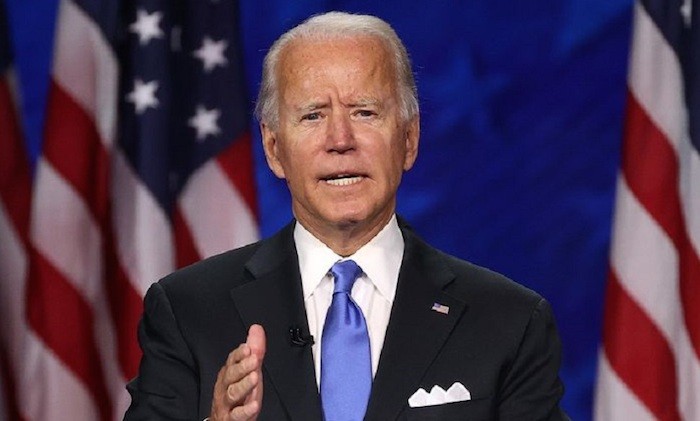On May 16, 2024, the U.S. Senate passed a significant bipartisan vote to review the Securities and Exchange Commission (SEC) Staff Accounting Bulletin No. 121 (SAB 121) through the Congressional Review Act (CRA). The Senate approved H.J.Res. 109 with a 60 to 38 vote, highlighting robust cross-party support. This marks Congress’s first standalone crypto legislation, signaling a shift in political sentiment toward cryptocurrencies.
Biden’s Potential Veto and Political Consequences
President Biden had previously threatened to veto any resolution overturning the SEC policy before the House of Representatives voted on the bill. The White House argued that the SEC’s measures are essential for protecting investors in crypto markets and ensuring the stability of the financial system. However, the strong bipartisan support for the bill presents a challenging decision for Biden.
Bipartisan Support and Internal Party Pressure
Twenty-one Democratic Senators, including Senate Majority Leader Chuck Schumer, broke ranks to support the bill. Perianne Boring, founder and CEO of the Digital Chamber, described this as a pivotal moment, potentially forcing the Biden administration to reconsider its stance. She emphasized that Schumer’s support should prompt the White House to reevaluate its position on cryptocurrencies.
Also Read: Biden Halts CleanSpark’s $19M Bitcoin Mining Deal
Economic Incentives and Industry Influence
The Biden administration also faces pressure from various sectors, including the American Bankers Association. The banking industry, which would benefit from offering crypto custody services, has urged Biden to sign the resolution to protect American consumers. This economic incentive aligns with broader retail crypto adoption, adding complexity to Biden’s decision-making.
Strategic Considerations for Biden
Biden must balance the pros and cons of vetoing H.J.Res. 109, especially considering potential internal conflict within his party as the U.S. elections approach. Patrick Kirby, policy lead for the Crypto Council for Innovation, noted that the President has 10 days (excluding Sundays) to sign the resolution, let it become law without his signature, or veto it.
A potential strategy for Biden is the “pocket veto,” which can occur if Congress is not in session to receive the signed or vetoed bill. This approach could allow Biden to express disapproval without significant political backlash. Fox journalist Eleanor Terret suggested that this might be a way to avoid major political fallout.
